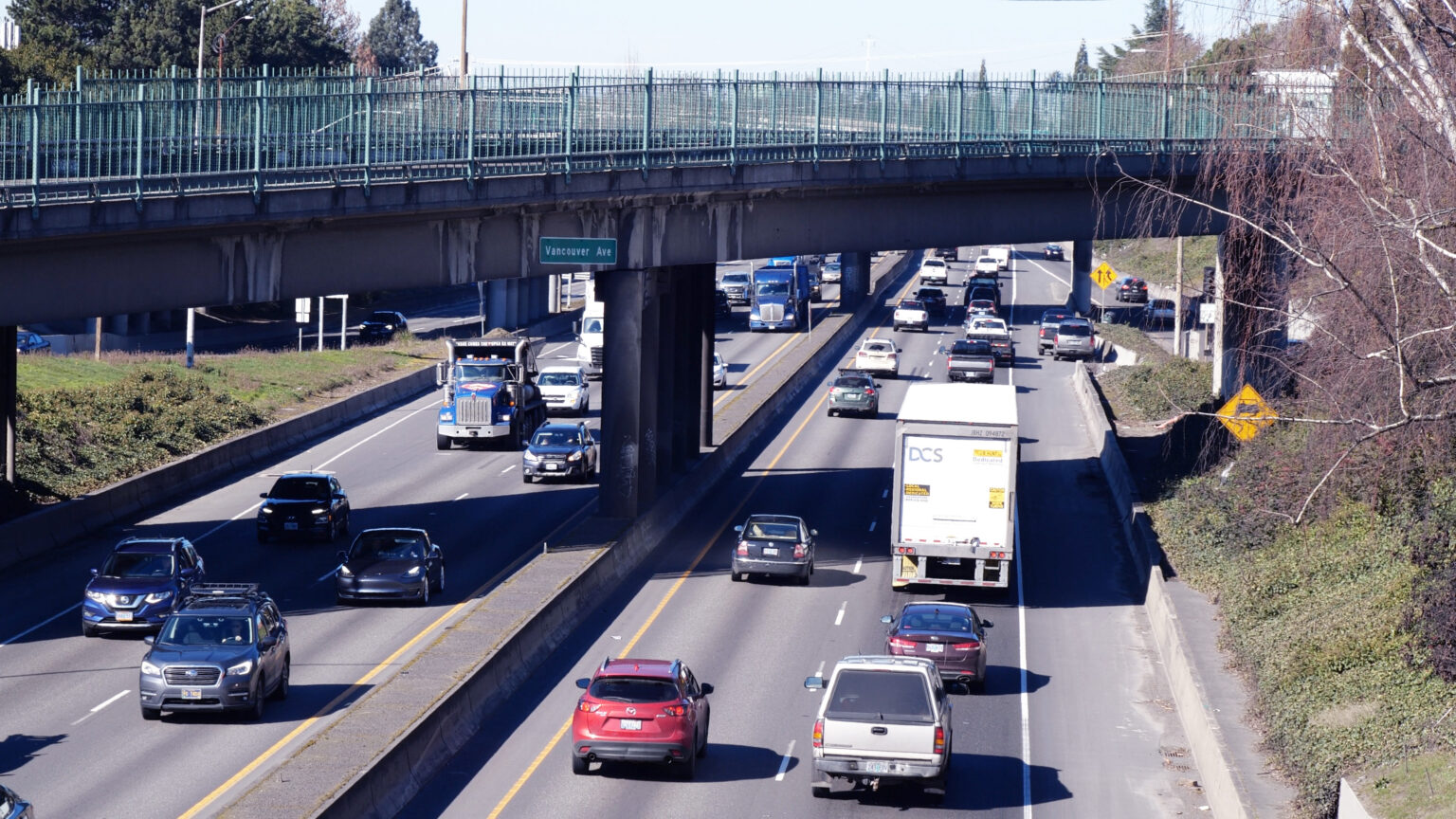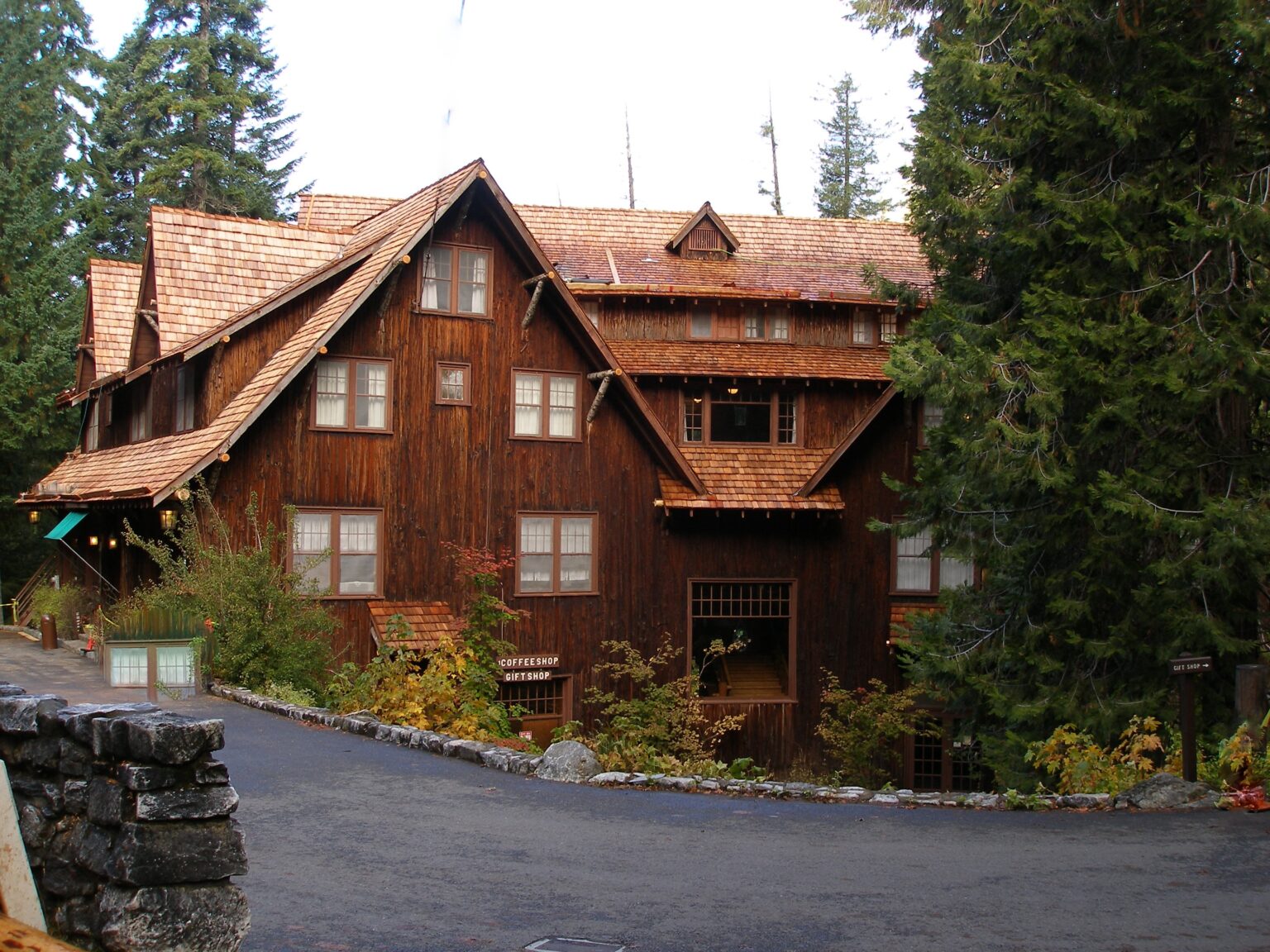Capital Chatter: Oregon, the State of Homelessness, can learn from Scandinavia
Published 5:30 pm Thursday, June 9, 2022

- capital chatter logo
Imagine a community where homeless individuals aren’t living downtown, in parks and along busy streets and freeways.
That might be reality in parts of Oregon, but not in Salem, where I live, or in Portland, Eugene, Bend or many other cities.
Yet there are cities without visible homeless encampments and without panhandlers, without streetside trash and with little if any graffiti. There are cities where trust is so ingrained in the public psyche that bicycles can be left unguarded, and where outdoor cafes and public plazas have chairs with pillows for public use with nary a security device in sight.
It was a shock last month – a welcome one – to discover these cities are the norm in Scandinavia. It was with sadness that our drive home from PDX showed we indeed were back in the State of Homelessness.
That is why I am writing this column, the second and presumably final one related to my May trip to Northern Europe, primarily Scandinavia. It’s not to say, “Look at me. I spent almost three weeks in Europe and came home with the answers to Oregon’s problems.”
Not at all. My look was cursory. However, one value of travel is it can shake us out of ruts and broaden our perspective.
If the Nordic countries can substantially reduce homelessness, they give hope for the rest of us. We must figure out what works best in our situations and be fully committed.
Two things stood out: 1. Finland and Norway took concrete steps and didn’t let up. 2. They addressed homelessness as a housing issue, not a moral failing. That should give reassurance to public officials who doubt the “housing first” model and who believe homeless individuals who are drug/alcohol-dependent or mentally ill should first be “cured” before receiving housing.
I’m not suggesting Scandinavian systems could or should be transferrable to other countries, particularly the United States. But our minimal progress through the decades – despite thousands of committee meetings, umpteen bookshelves of plans we’ve written, and millions or billions of dollars we’ve spent – is a local, state and national disgrace.
This is not to disparage the boots-on-the-ground work being done in my community and elsewhere by many excellent organizations. But where is the overwhelming public leadership and political will to match Oregonians’ belief that homelessness is the state’s No. 1 issue?
Some ideas can be transferrable. For example, visits by Oregon legislators and corrections officials to Norwegian prisons a few years ago inspired prison reform here. The Department of Corrections has launched initiatives on employee wellness, the institution environment and rehabilitation of adults in custody.
However, Scandinavian society is unique. The countries are smaller in population than the large U.S. states. Trust in government, in the private sector and in collaborative decision-making is woven into their societal fabric. Though Scandinavians have an exceedingly high cost of living, they report a high quality of life and rank high on the global happiness scale. In contrast, Oregonians and our fellow Americans remain distrustful of government … and of one another, it seems.
Scandinavia and the other Nordic countries also embrace an unusual welfare system: Everyone receives services regardless of household income. To support that system, Scandinavians pay far higher taxes and have a far larger public sector workforce than in America. Citizens receive mostly free universal health care; free education from preschool through college; and generous old-age pensions. Many of the benefits enhance participation in the workforce, such as highly subsidized childcare and afterschool programs.
Make no mistake. This is not a paean to how wonderful Scandinavia is.
For example, the region lags the U.S. on accessibility for the mobility impaired. The absence of ramps around steps, the lack of curb cuts, and the ubiquitous cobblestone streets and paths made wheelchair use difficult.
I experienced this first-hand. I’m still regaining strength from my breakthrough COVID-19 case last fall and wound up breaking a wheelchair on Stockholm cobblestones. And at one museum, the elevator didn’t work. At another, there were escalators but no elevator.
In contrast, it was good to read that Lincoln City is following other communities by providing rollout pathways and free beach wheelchairs at three beaches.
A few other things that struck me about northern Europe:
-
Patriotism, participation in national holidays and reverence for history were evident throughout the culture.
-
Scandinavian students are required to learn English in school and often must take a third language.
-
Movement among countries is normal. Our Stockholm minibus driver was from Estonia. Our Copenhagen driver was a 69-year-old Brit who lives in Denmark with his Danish wife and their family. They also have a vacation home in Spain.
-
Public university in Poland is free to students who earn high enough scores in high school. Students whose scores are too low can pay to attend private universities.
-
Norway, Denmark and Sweden are democracies with monarchies. People apparently like having royalty although their government runs on a parliamentary system.
-
Scandinavia is becoming more religiously diverse, including an increasing number of Muslim residents. The population as whole is turning more secular, like the Pacific Northwest.
-
Norway has a love-hate relationship with fossil-fuel industry. North Sea oil drilling has saved the economy and the national treasury. Yet a majority of new passenger vehicles sold are electric and are heavily promoted by the government. Fuel prices are so high that many commuters rely on bicycles. Everywhere we went, pedestrians were alerted to watch out for bicyclists.
-
Drivers seemed less aggressive than in the U.S.; a recent report by Insurify said Oregon motorists rank sixth nationally for rude driving. Meanwhile, Oregon is ranked as our nation’s second-most bicycle-friendly state, trailing only Massachusetts in the League of American Bicyclists’ annual report.
“It’s pretty crazy. We’ve seen this for a long time. Apparently to run for office you need to be in a playground with a dog and a family.”
James Moore, a Pacific University professor who studies Oregon elections.





